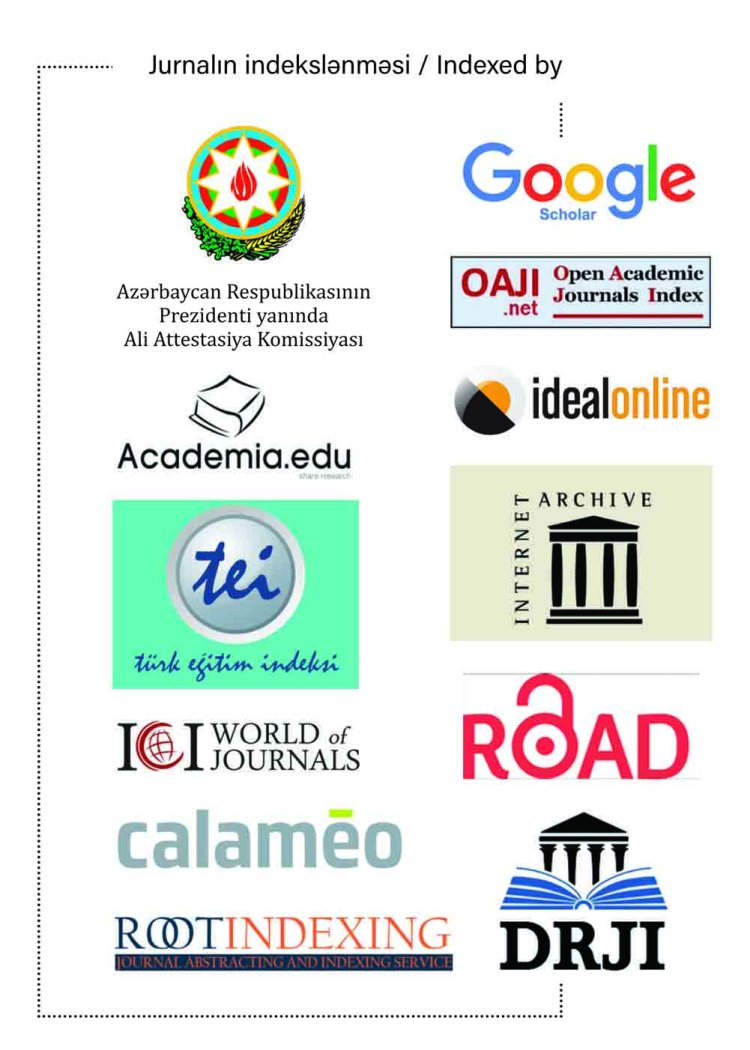THE NEUROLINGUISTIC ANALYSIS OF ENGLISH INSTRUCTION WITH LOWER-YEAR STUDENTS IN HIGHER EDUCATION INSTITUTIONS: EVIDENCE FROM AZERBAIJAN
GUNAY HAJIZADA
The investigation of psychological aspects in the teaching and learning of a foreign language, revealing the connections between language,
thinking, and behaviour processes is one of the important issues. Based on the principle of interactivity in the language and the teaching of the language for communicative purposes, this research can help to foster teacher-student rapport, make the classroom atmosphere favourable for language acquisition, and choose the appropriate teaching strategies. Various sources were analysed to investigate the motivations and psychological barriers in foreign language communication and to determine the appropriate teaching approach and methodology. Additionally, a survey was conducted among teachers to investigate the current situation in the teaching process with lower courses at the higher school level. As a result of the research, it was concluded that the utilization of principles of neurolinguistic programming and student-oriented teaching can contribute to more effectively organizing the teaching of foreign languages.




